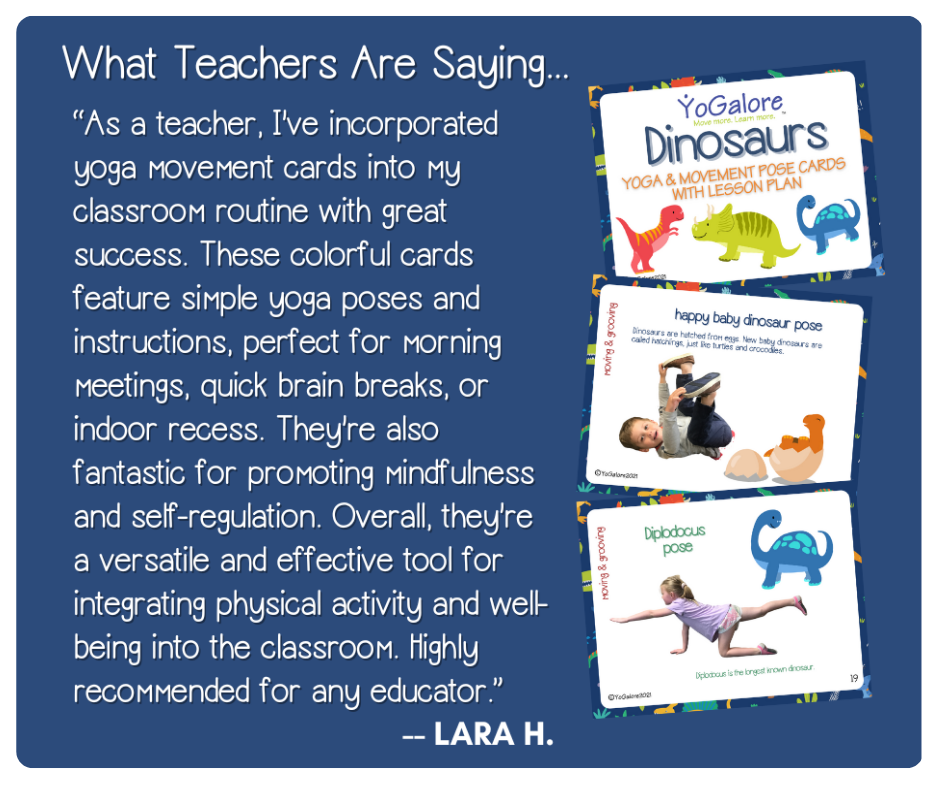 What is occupational therapy (OT) and how does it relate to children? Christy Dalton, OTR/L, pediatric occupational therapist for Fayette County Schools in Lexington, KY took some time out to give us the basics on occupational therapy and how it helps people of all ages.
What is occupational therapy (OT) and how does it relate to children? Christy Dalton, OTR/L, pediatric occupational therapist for Fayette County Schools in Lexington, KY took some time out to give us the basics on occupational therapy and how it helps people of all ages.
What is occupational therapy?
“A lot of people think OT is about your job – your ‘occupation’. OT in this instance means “things that you do”. From the time you wake up in the morning you are doing things – you are eating breakfast, you’re dressing, you’re brushing your teeth. You’re taking a bath.
Working with adults — “Someone who just had a stroke — what did they do typically? If their job was, say, a woodworker, we’re going to get them back to being able to do those things. Their life-skills. Getting up and getting dressed in the morning after you’ve had a stroke is one of the most difficult things to do. It’s like re-learning how to walk. So we teach them how to do the basic skills of things they do typically.
With children — “It’s a little bit different because they haven’t lost the skills, they’re building the skills for the first time. So we are concerned with making sure they master those skills, generalize those skills and continue to build on those skills, which is kind of what you need to do throughout life, to continue learning and be better at everything. You’re trying to get them off to the best start, especially with kids with disabilities who are at a disadvantage already.

Typically kids with disabilities don’t hit milestones at the same time, and so we have to work harder to get them to those points to keep them on track. And the big thing with early intervention, (ages 0 – 3) is the most important developmental stage of your life. Your neurological system is just starting… it’s going to keep forming pretty much forever, but that’s where you’re building your basic neurological highways for everything else that you’re going to build on in life, so if we can get it going in the beginning, [that’s] better.
Doing purposeful things
“What is purposeful for that person? That’s what makes occupational therapy a little bit different. We are with a person and we’re not going to make them stack cones or we shouldn’t be…
“If a person doesn’t stack cones for a living or enjoy doing that, why are we doing it? You’re not motivated to do it, so you’re not going to do it. Our job is to try to come in and find out what motivates this person, so that we can get the skill that we are trying to work on in a purposeful [way] so they’ll actually use it. What’s fun for one kid, isn’t always fun for the next kid.

“It’s specialized therapy. We use all of our anatomical and physiological knowledge in a specific individualized way for each person. Before we can even start working with a person (adult or child) we have to figure out what’s important to them because that’s what’s going to motivate them. It’s trial and error. It takes awhile to get to know a person – it’s that bonding kind of process. Some kids couldn’t care less about doing certain things – going down a slide – but that doesn’t mean that they’re not going to graduate college and go on and be something wonderful in life just because they won’t go down the slide. So I’m not going to spend an hour a day trying to get a kid to go down the slide. But they really enjoy biking. Okay, well, let’s get on a bike and do some things.

We can talk about concepts, we can talk about everything within that. So our job is kind of like – we’re thrown this – ‘here’s the situation – how are we going to be creative enough to incorporate the things that we need to do to meet this child’s needs within what they are doing already so they don’t know they are getting therapy?’ You should be able to walk into a classroom and if a therapist is in there, you wouldn’t know they were doing therapy.”
Occupational therapy for children can be an amazing resource for parents and teachers as well. Often an occupational therapist will offer suggestions for activities (a sensory diet) that can help children or can offer ideas of how to handle certain behaviors or situations when they occur.
We would like to thank Christy Dalton for taking time out for us!
For more information on pediatric occupational therapy for children, click here.






10 Responses